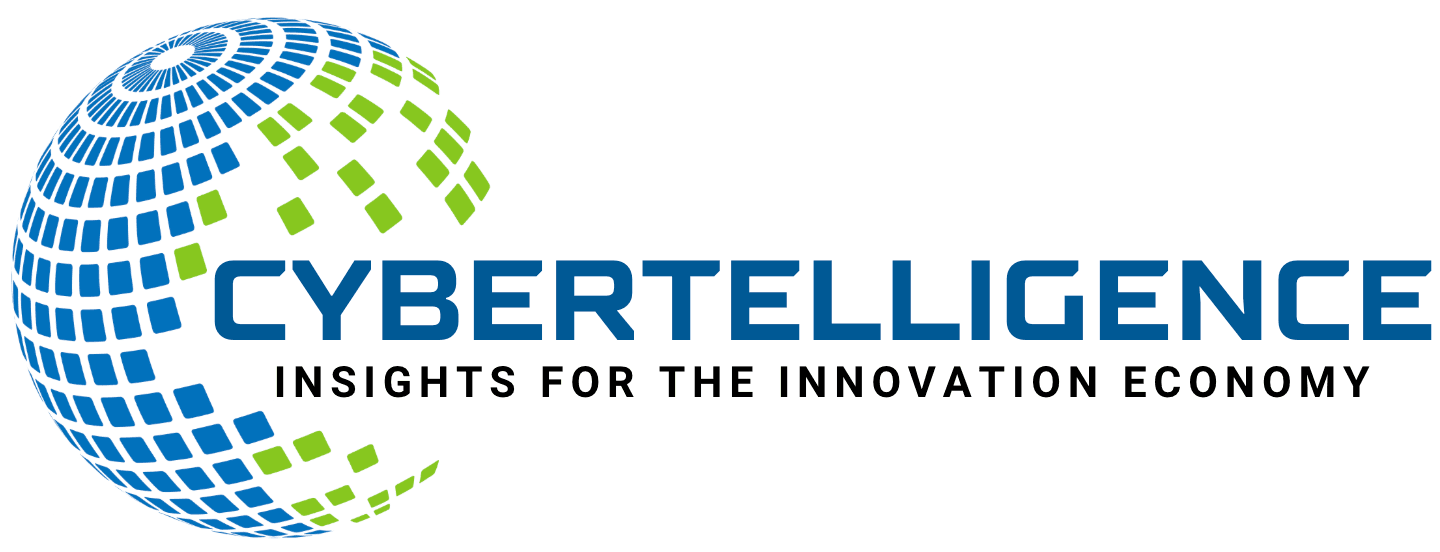Artificial Intelligence (AI) chatbots have become increasingly popular in recent years, revolutionizing the way businesses interact with their customers. These virtual assistants are designed to simulate human conversation and provide automated responses to user inquiries. AI chatbots are powered by machine learning algorithms and natural language processing, allowing them to understand and respond to user queries in a conversational manner. They can be integrated into various platforms such as websites, mobile apps, and messaging applications, providing 24/7 customer support and assistance. The use of AI chatbots has significantly improved customer service, personalized user experience, streamlined business processes, and even made an impact in the healthcare industry. As technology continues to advance, the potential for AI chatbots to further enhance various aspects of our lives is limitless.
Enhancing Customer Service with AI Chatbots
One of the most significant benefits of AI chatbots is their ability to enhance customer service. Businesses can use chatbots to provide instant responses to customer inquiries, resolve issues, and offer personalized recommendations. This not only improves customer satisfaction but also reduces the workload on human customer service agents, allowing them to focus on more complex tasks. AI chatbots can also be programmed to handle multiple customer interactions simultaneously, ensuring that no inquiry goes unanswered. Additionally, chatbots can analyze customer data and provide valuable insights to businesses, helping them understand customer preferences and behavior. This information can be used to improve products and services, ultimately leading to increased customer loyalty and retention.
On the other hand, some customers may still prefer human interaction over chatbots, especially when dealing with complex or sensitive issues. It is essential for businesses to strike a balance between using AI chatbots for efficiency and providing human support when necessary. By leveraging the strengths of both AI chatbots and human agents, businesses can create a seamless and personalized customer service experience that meets the diverse needs of their customers.
Personalizing User Experience through AI Chatbots
AI chatbots have the capability to personalize user experience by leveraging data and machine learning algorithms to understand user preferences and behavior. By analyzing user interactions and past behavior, chatbots can provide personalized recommendations, content, and offers that are tailored to each individual user. This level of personalization not only enhances user satisfaction but also increases engagement and conversion rates for businesses. For example, e-commerce websites can use chatbots to recommend products based on a user’s browsing history and purchase behavior, leading to higher sales and customer satisfaction.
Furthermore, AI chatbots can also assist users in completing tasks more efficiently by understanding their preferences and providing relevant information or guidance. For instance, a travel chatbot can help users plan their trips by suggesting destinations, booking flights, and providing local recommendations based on the user’s interests. This level of personalization creates a more engaging and user-friendly experience, ultimately leading to higher user retention and loyalty.
However, it is crucial for businesses to be transparent about how they use personal data to personalize user experience through chatbots. Users should have control over their data and be informed about how it is being used to enhance their experience. Respecting user privacy and providing clear opt-in options for personalized experiences is essential in building trust with users.
Streamlining Business Processes with AI Chatbots
AI chatbots have the potential to streamline various business processes by automating repetitive tasks and workflows. For example, in the field of human resources, chatbots can assist with employee onboarding, training, and answering common HR-related questions. This not only saves time for HR professionals but also provides employees with instant access to information and support. In addition, AI chatbots can be used for internal communication within organizations, helping employees find information, schedule meetings, and access company resources more efficiently.
Moreover, in the field of sales and marketing, chatbots can automate lead generation, qualification, and customer engagement processes. By using AI chatbots to qualify leads and provide personalized recommendations, businesses can increase their sales efficiency and conversion rates. Chatbots can also be integrated into marketing campaigns to engage with potential customers, answer inquiries, and provide product information in real-time.
However, it is important for businesses to carefully design and train their chatbots to ensure that they provide accurate and helpful information. Poorly designed chatbots can frustrate users and damage the reputation of a business. Therefore, businesses should invest in proper training and ongoing monitoring of their chatbots to ensure they are delivering a positive experience for users.
AI Chatbots in Healthcare and Wellness
The use of AI chatbots in the healthcare industry has the potential to revolutionize patient care and wellness management. Chatbots can be used to provide patients with instant access to medical information, appointment scheduling, medication reminders, and even virtual consultations with healthcare professionals. This not only improves patient access to care but also reduces the burden on healthcare providers by automating routine tasks.
Furthermore, AI chatbots can be used to promote wellness by providing personalized health recommendations, fitness plans, and mental health support. For example, a wellness chatbot can help users track their exercise routines, provide healthy eating tips, and offer stress management techniques based on individual needs. This level of personalized support can empower individuals to take control of their health and well-being.
However, it is crucial for healthcare organizations to ensure that AI chatbots comply with strict privacy regulations and maintain the confidentiality of patient information. Additionally, chatbots should be designed with empathy and understanding of the sensitive nature of healthcare interactions. By prioritizing patient privacy and emotional support, healthcare organizations can leverage AI chatbots to improve patient care while maintaining trust and confidence in their services.
The Future of AI Chatbots: Advancements and Potential Impact
As technology continues to advance, the future of AI chatbots holds great potential for further advancements and impact across various industries. With the integration of advanced machine learning algorithms and natural language processing capabilities, chatbots will become even more intelligent and capable of understanding complex user queries. This will enable them to provide more accurate responses and personalized recommendations, ultimately enhancing user experience.
Moreover, advancements in voice recognition technology will enable chatbots to interact with users through voice commands, making them even more accessible and user-friendly. This will open up new opportunities for businesses to integrate chatbots into smart home devices, cars, and other IoT (Internet of Things) devices.
Furthermore, the potential impact of AI chatbots extends beyond customer service and business processes. Chatbots have the potential to assist in disaster response efforts by providing real-time information and support to affected individuals. They can also be used in education to provide personalized tutoring and support for students.
However, as AI chatbots become more advanced, ethical considerations become increasingly important. Businesses must ensure that their chatbots are designed with ethical principles in mind, respecting user privacy, providing accurate information, and avoiding biases or discrimination. Additionally, as chatbots become more integrated into our daily lives, it is essential for businesses to consider the potential impact on employment and job displacement. By addressing these ethical considerations proactively, businesses can ensure that AI chatbots are developed responsibly and contribute positively to society.
Ethical Considerations and Challenges of AI Chatbots
The widespread use of AI chatbots raises important ethical considerations and challenges that businesses must address in order to ensure responsible development and deployment of these technologies. One of the key ethical considerations is the need for transparency in how AI chatbots collect and use personal data. Users should be informed about what data is being collected, how it is being used, and have control over their data privacy settings.
Additionally, businesses must ensure that their chatbots are designed with fairness and non-discrimination in mind. This includes avoiding biases in language processing algorithms that could result in discriminatory responses or recommendations based on factors such as race or gender. It is essential for businesses to regularly audit their chatbot algorithms for biases and take steps to mitigate any potential harm.
Furthermore, as AI chatbots become more advanced in understanding human emotions and providing emotional support, businesses must consider the potential impact on mental health and well-being. Chatbots should be designed with empathy and understanding of the sensitive nature of emotional interactions. Additionally, businesses should provide clear disclaimers about the limitations of emotional support provided by chatbots and encourage users to seek professional help when needed.
In conclusion, while AI chatbots offer numerous benefits in enhancing customer service, personalizing user experience, streamlining business processes, and making an impact in healthcare and wellness, it is essential for businesses to address ethical considerations and challenges in their development and deployment. By prioritizing transparency, fairness, non-discrimination, empathy, and user privacy, businesses can ensure that AI chatbots are developed responsibly and contribute positively to society. As technology continues to advance, the future of AI chatbots holds great potential for further advancements across various industries while also requiring careful consideration of ethical implications.




